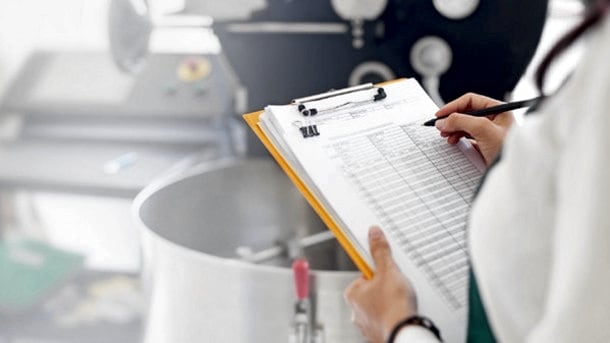New Zealand industry desperate for export support to double overseas trade
Industry players in New Zealand have raised concerns on natural health products export, emphasising to the government that exports must be able to make health claims to avoid it being a ‘waste of resources and time’.
Currently, New Zealand businesses exporting overseas are required to submit an application to the Ministry for Primary Industries (MPI) to have exports exempted from domestic composition and/or labelling requirements - an arrangement which many believe has stifled exports and slowed speed to overseas markets.
While the Minister for Food Safety, Andrew Hoggard, said in a recent industry event that he was working to find a solution, industry players also stressed the importance of allowing export exemptions for dietary supplements to carry evidence-based health claims.
FSANZ starts public consultation for 3-FL use in infant formula
Food Standards Australia New Zealand (FSANZ) may be permitting human milk oligosaccharide (HMO) 3-fucosyllactose (3-FL) use in infant formulas.
The regulator has begun collecting public feedback which will end on July 23, 2025.
It is considering the approval of 3-FL for use as a nutritive substance in infant formulas following an application by Glycom A/S - a subsidiary of dsm-firmenich AG - which already have four other HMOs approved by the FSANZ last year.
India’s FSSAI to tighten licensing rules for ‘high risk’ products
Firms producing infant nutrition, packaged drinking water, and other “high-risk” items must obtain either a State or Central License that involves stricter compliance requirements, said a new announcement from the Food Safety and Standards Authority of India (FSSAI).
These items include infant formula, milk powders, packaged drinking water, non-carbonated water-based beverages.
Currently, many food businesses operate under FSSAI registration, a simpler and less costly approval process than licensing.
FDA clears OmniActive’s Lutemax Free Lutein for infant formula
The U.S. Food and Drug Administration has granted OmniActive Health Technologies GRAS (generally regarded as safe) clearance for the use of its Lutemax Free Lutein in infant formula.
This opens an entirely new category for the Mumbai-based OmniActive, one that responds to the growing consumer and pediatric demand for ingredients that support critical areas of development.
“Lutein is one of the most abundant carotenoids in breast milk, and this regulatory clearance allows infant formula to come closer to breast milk,” said Dr. Deshanie Rai, PhD, FACN, vice president, global regulatory and advocacy at the company.
Indonesia approves dsm-firmenich’s 2′-FL for use in liquid milk
dsm-firmenich has made inroads in Asia’s human milk oligosaccharides (HMO) space, with its 2’-fucosyllactose (2’-FL) ingredient approved for use in liquid milk in Indonesia - following a similar approval in India.
In Indonesia, the ingredient marketed as GLYCARE® 2FL 9000 can be used in flavoured liquid milk drinks for kids three years old and above.
Three months ago, the company announced that its GLYCARE 2FL has been approved as a functional ingredient for early life nutrition in India - also its first HMO approved in the country.





